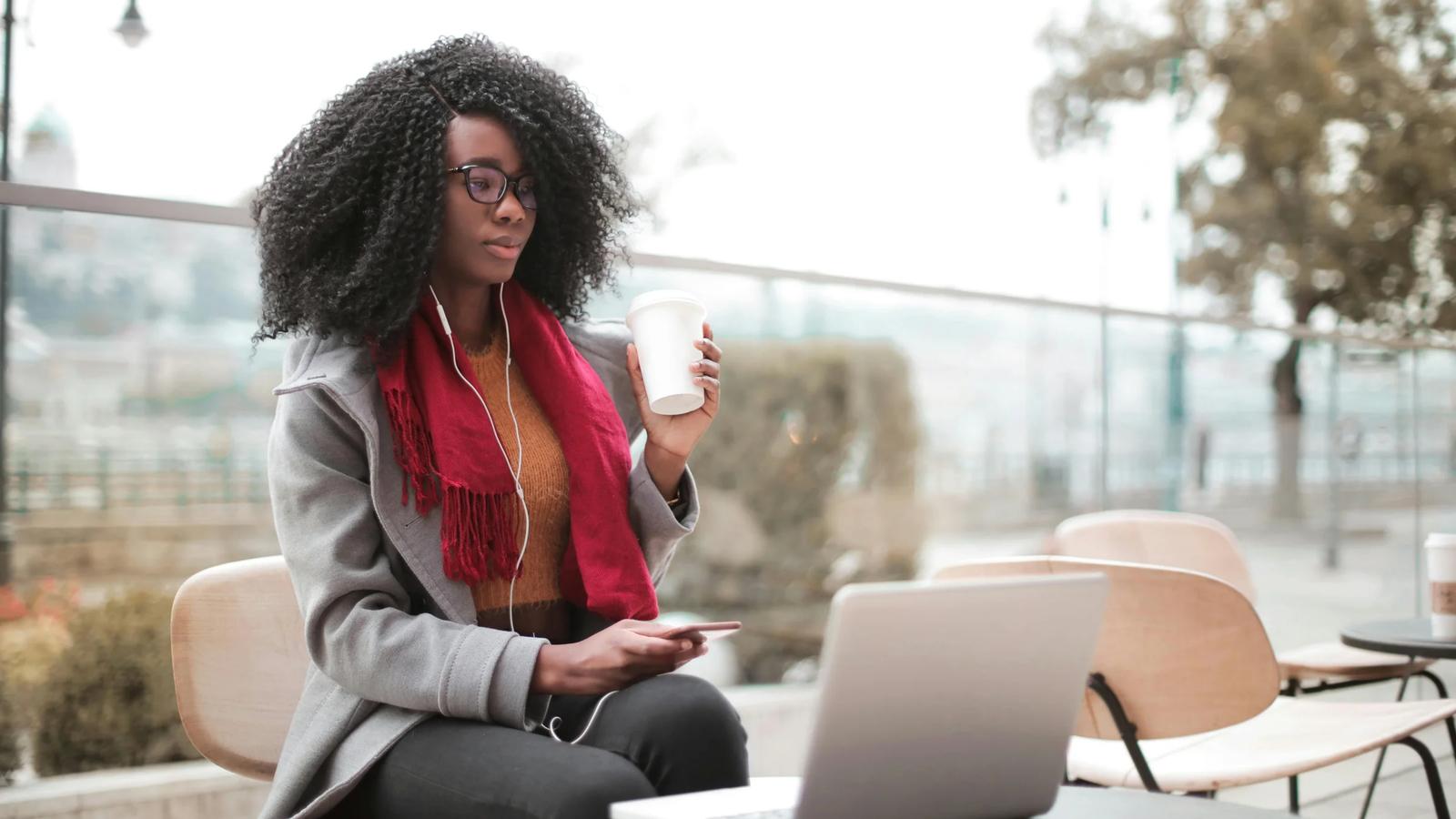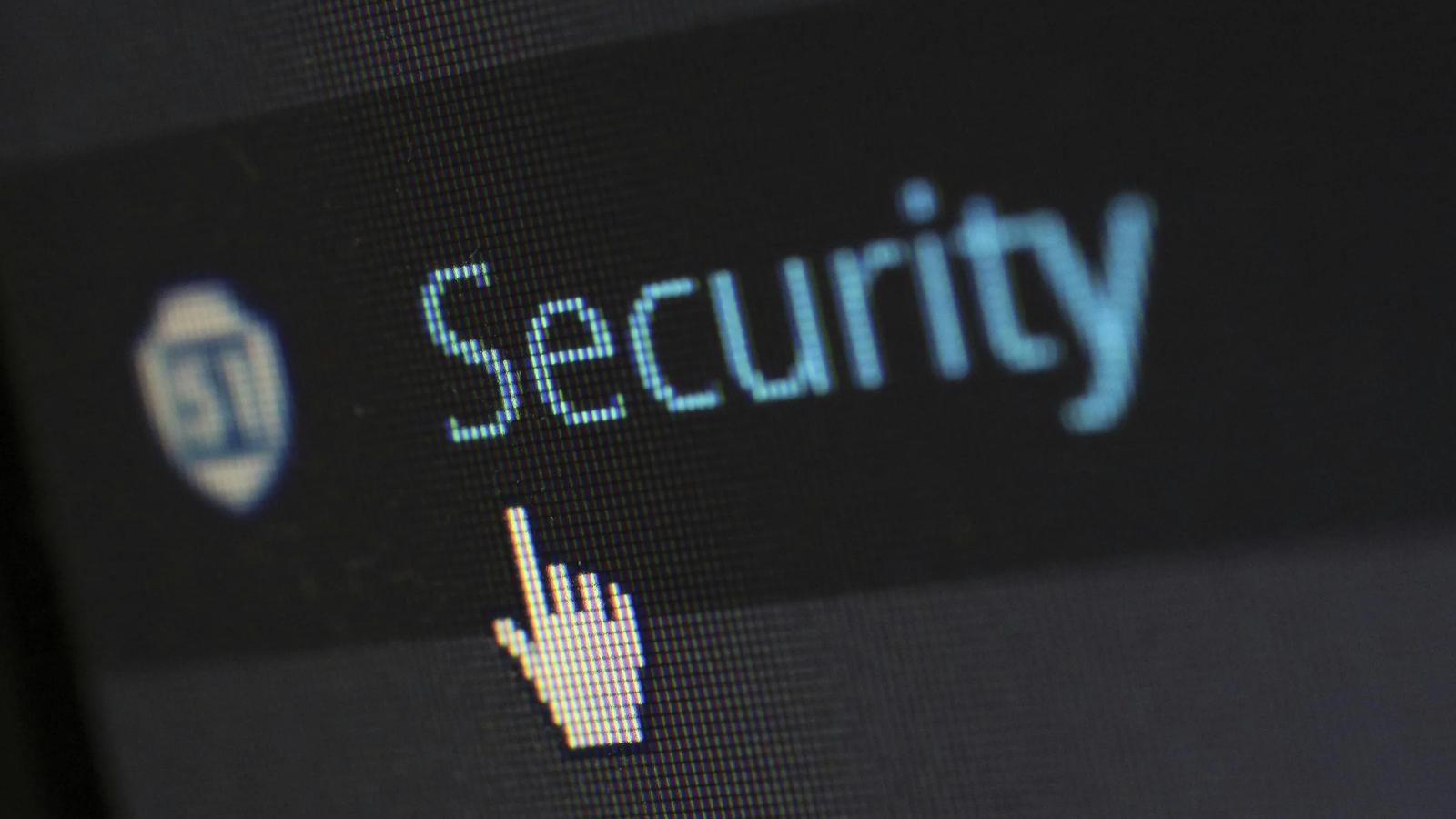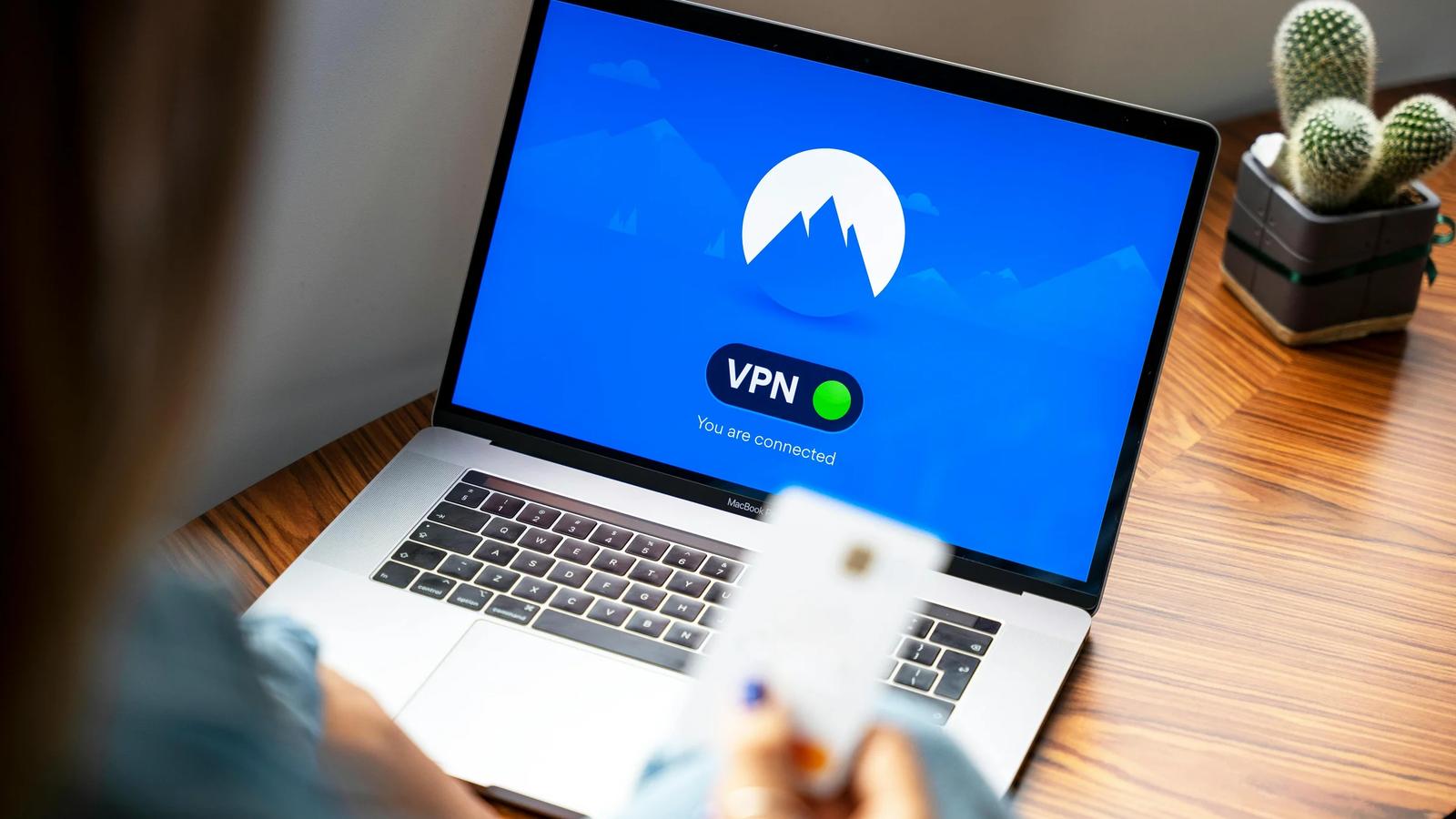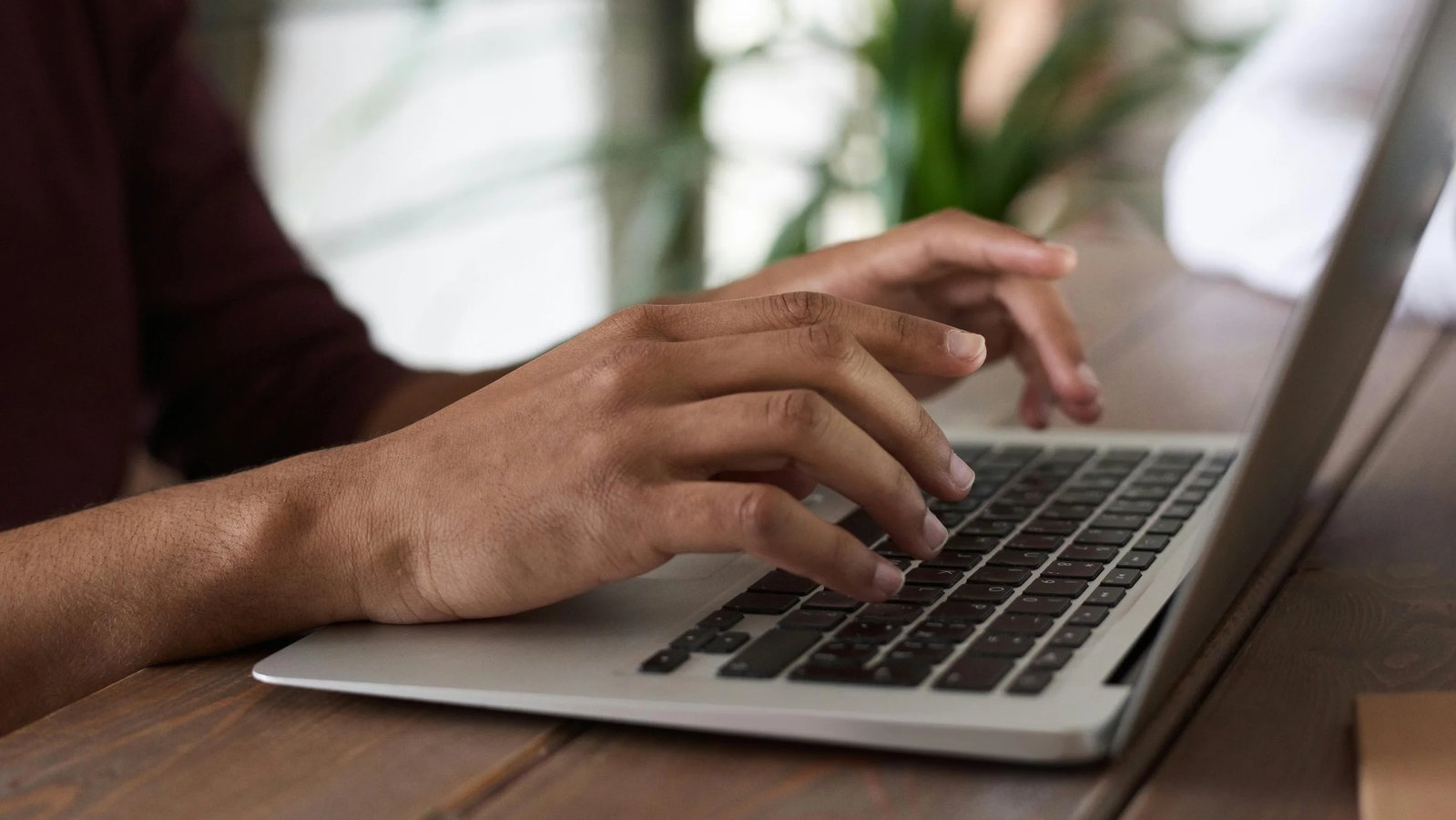Cafés, airports, hotels, shopping malls – free Wi-Fi is everywhere. Convenient? Yes. But is it safe? Unfortunately, no. When you connect to public networks without protection, you’re essentially exposing your personal data to strangers. Let’s break down why this is dangerous – and how a VPN keeps you safe.

Why is public Wi-Fi dangerous?
1. Unencrypted networks
Many access points in cafés or hotels don’t use encryption. This means all your internet traffic can be intercepted. Anyone on the same network can see which websites you visit – and with a bit of know-how, even your passwords.
2. Man-in-the-middle (MITM) attacks
A hacker can position themselves between you and the website you’re trying to access. For example, when you open your online banking app, your traffic might first go through the attacker – allowing them to alter information or steal your login and password.
3. Fake networks
Sometimes attackers set up clone networks with names that look almost identical to the real ones – for example, FreeCafeWiFi vs Free_Cafe_WiFi. If you connect to one of these fake hotspots, you’re handing over all your data directly to the attacker.
4. Automatic connection
Your smartphone might automatically connect to a familiar network name. But if someone nearby sets up a network with the same name, your device can connect to it without you noticing – and without a VPN, you’re vulnerable again.

How does a VPN protect you?
A VPN creates an encrypted tunnel between your device and the internet. Even if you’re connected to a highly insecure network:
- no one can see your traffic;
- your logins, passwords, messages, and banking data stay hidden;
- websites will think you’re browsing from another country – not a random café on the corner.
Even if a hacker somehow intercepts your connection, all they’ll see is meaningless, encrypted data.
What can happen without a VPN?
Connecting to public Wi-Fi without protection can have serious consequences:
- Account compromise – attackers can intercept access to your email, Instagram, or other critical services.
- Theft of payment data – especially risky if you use cards for receiving funds or making online purchases.
- Number spoofing and message interception – logging into messengers can lead to stolen SMS codes and notifications.
- Collection and resale of personal data – open networks often track your activity and sell that data to third parties.
- Aggressive ads and tracking – websites and apps can monitor your behavior and interests without your consent.

How to protect yourself on public Wi-Fi networks
- Always use a VPN
A VPN encrypts your connection and protects personal data from interception. Trusted paid services like NordVPN or Surfshark are fast, secure, and don’t log your activity.
- Avoid free VPNs
Free VPNs can be even more dangerous than not using one – many collect and sell your personal information. We explain why in this article.
- Don’t enter personal data without protection
Accessing your email, bank, or messengers should wait if you’re on an unsecured network without a VPN.
- Set your VPN to auto-connect on public networks
This ensures you stay protected even if you connect to a public Wi-Fi by accident.
- Use two-factor authentication
Even if your login and password are compromised, this extra layer of security helps protect your accounts.
Summary
Public Wi-Fi networks are high-risk zones. Without proper protection, your data can become easy prey for malicious actors. Using a reliable VPN isn’t a luxury – it’s a necessary step to keep your personal information safe, especially when traveling or away from home. Prevention is always simpler and cheaper than dealing with the consequences.
